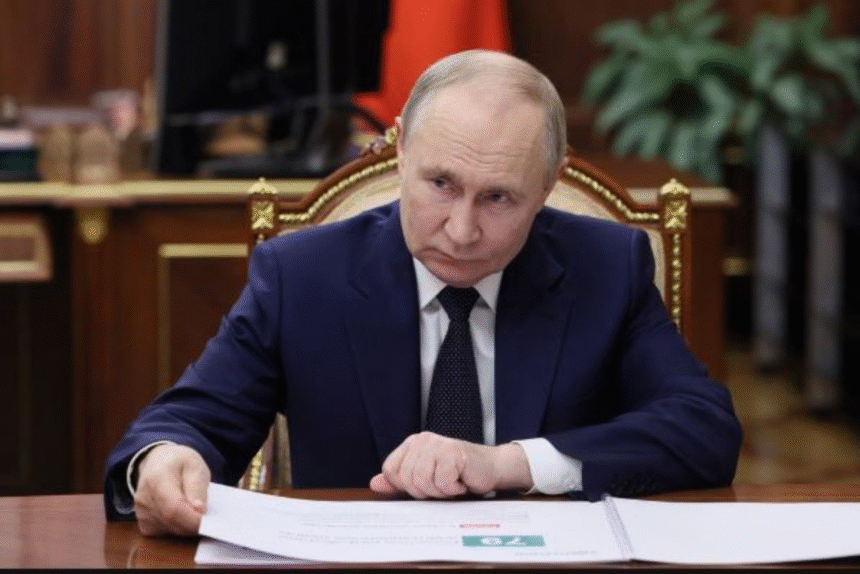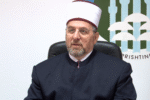Russian President Vladimir Putin on Tuesday sharply criticized Ukraine’s leadership, accusing President Volodymyr Zelensky’s government of orchestrating attacks on Russian infrastructure while simultaneously calling for peace talks. However, observers and Ukrainian officials swiftly rejected the claims, pointing to ongoing Russian airstrikes across Ukraine that continue to cause civilian casualties and widespread destruction.
Speaking at a government meeting, President Putin described Ukraine’s latest outreach for a temporary ceasefire and peace summit as “paradoxical,” accusing Kyiv of engaging in what he termed “terrorist acts” on Russian soil, including sabotage of railway infrastructure in the Bryansk and Kursk regions.
“They speak of peace while simultaneously attacking civilian infrastructure,” Putin said. “In such conditions, how can any meaningful dialogue take place?”
Despite these assertions, international human rights organizations and independent monitors continue to document the far-reaching toll of Russia’s own military campaign, now in its third year. Over the past week alone, Russian missiles have struck residential areas in Kharkiv and Dnipro, killing at least 14 people and wounding dozens, including children.
Ukraine Responds: “The Accuser Is the Aggressor”
Ukrainian officials swiftly responded to Putin’s remarks, dismissing them as an attempt to divert attention from the Kremlin’s own military actions. In a statement, a spokesperson for President Zelensky’s office described the accusations as “cynical” and “detached from reality.”
“It is Russia that continues to launch missiles into Ukrainian homes, schools, and hospitals,” the statement read. “These are not isolated incidents — they are part of a systematic campaign against civilians.”
In recent months, the scale and precision of Russian airstrikes have increasingly targeted Ukraine’s energy infrastructure and civilian population centers, especially in the eastern and southern regions. The United Nations has repeatedly called these attacks a potential violation of international humanitarian law.
Escalating Rhetoric Amid Ongoing Conflict
Putin’s claims come at a time of heightened tension, with Western intelligence warning of possible new offensives and increased Russian troop deployments along the frontlines. Meanwhile, Kyiv continues to seek international support, including additional air defense systems, to protect its cities from what it describes as “indiscriminate and deliberate attacks.”
Though Ukraine has not confirmed involvement in the incidents in Bryansk and Kursk, Western analysts say isolated acts of sabotage are not unexpected in the context of an ongoing war — and pale in comparison to the scale of destruction caused by Russia’s full-scale invasion.
A Narrative of Deflection?
Analysts say Putin’s latest remarks may serve a dual purpose: justifying continued aggression in Ukraine and bolstering domestic support by portraying Russia as the victim rather than the aggressor.
“This is classic strategic deflection,” said Katya Belikov, a senior fellow at the European Policy Institute. “Russia is facing growing isolation and internal pressures. These accusations allow the Kremlin to frame its actions as defensive — even when the facts suggest otherwise.”
As Russia intensifies its rhetoric and military campaign, the humanitarian crisis in Ukraine shows no signs of abating. According to the UN, more than 30,000 civilians have been killed or wounded since the invasion began, with millions displaced and vital infrastructure destroyed.
Despite the Kremlin’s narrative, the global community — including NATO, the European Union, and the United States — continues to hold Russia responsible for the conflict’s escalation, emphasizing that any credible peace process must begin with an end to hostilities and a withdrawal from occupied Ukrainian territories.







